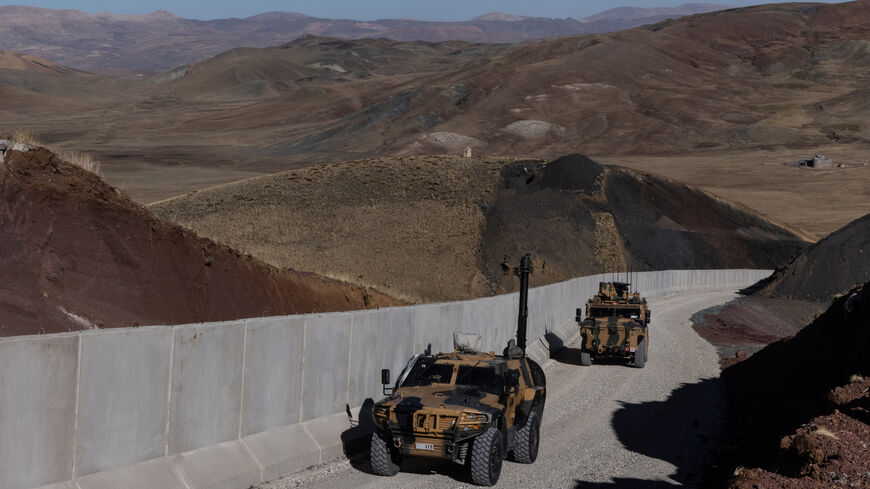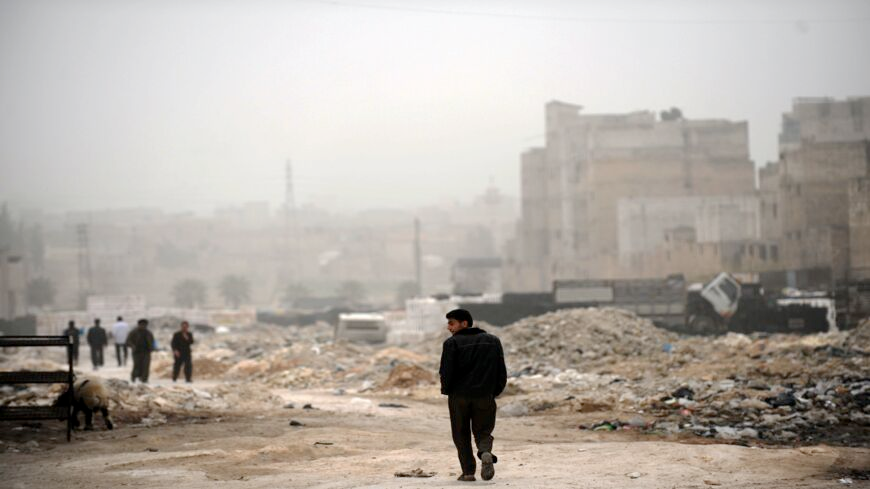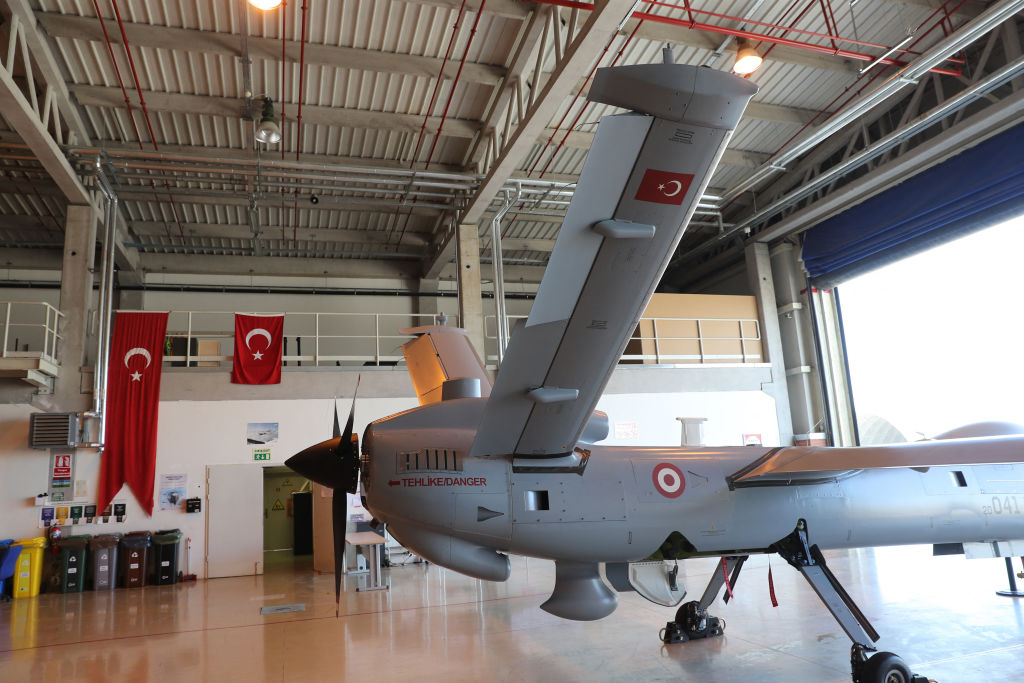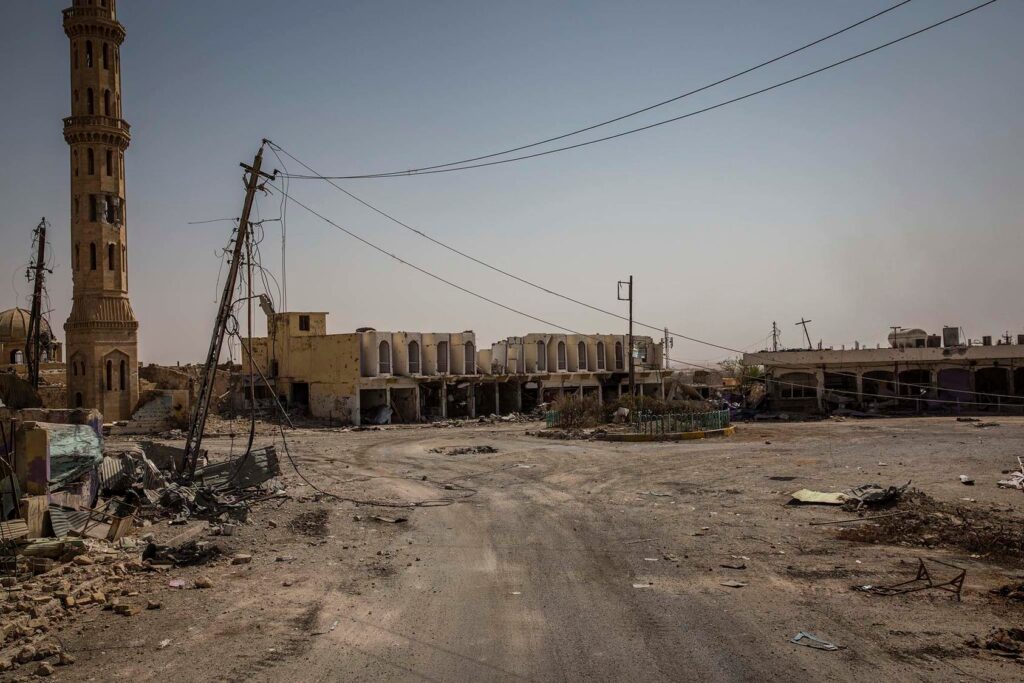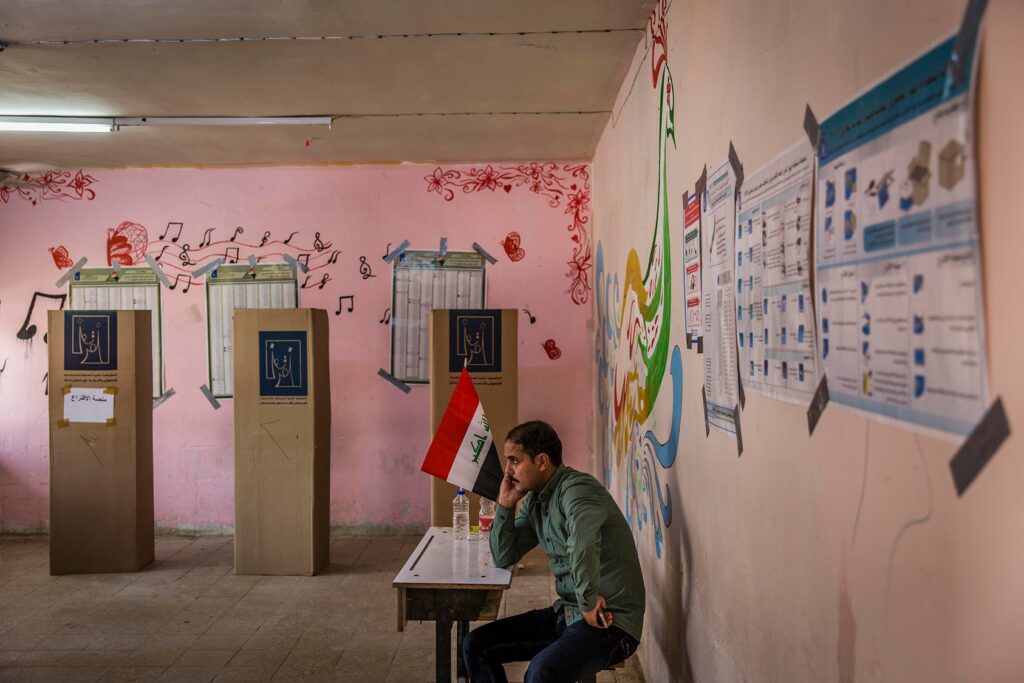Syrian Jihadist Group, Turkish-backed opposition reportedly consider merger
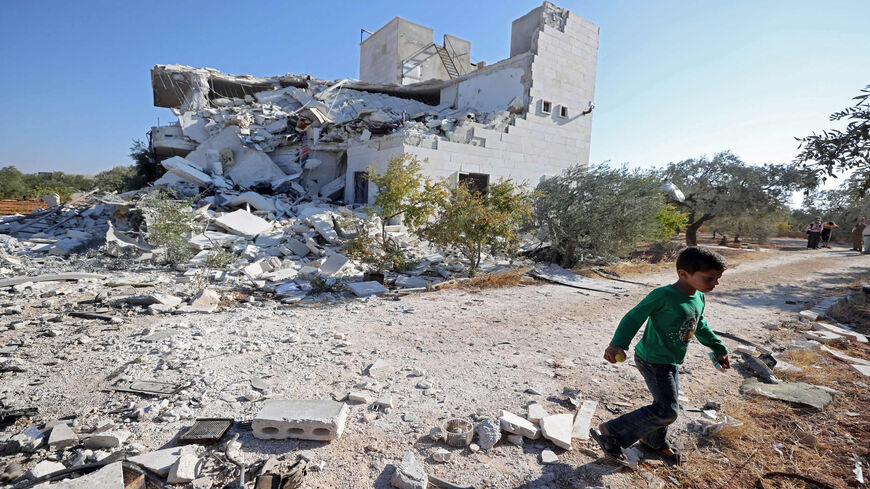
Turkish-backed Syrian opposition factions have reportedly received instructions to deploy in Idlib soon, amid reports that a merger with Hayat Tahrir al-Sham is imminent.
Syrian opposition media sources are reporting that the Syrian National Army (SNA) affiliated with the Turkish-backed Free Syrian Army (FSA) will be widely deployed in the city of Idlib, in northwestern Syria, which is under the control of Hayat Tahrir al-Sham (HTS).

